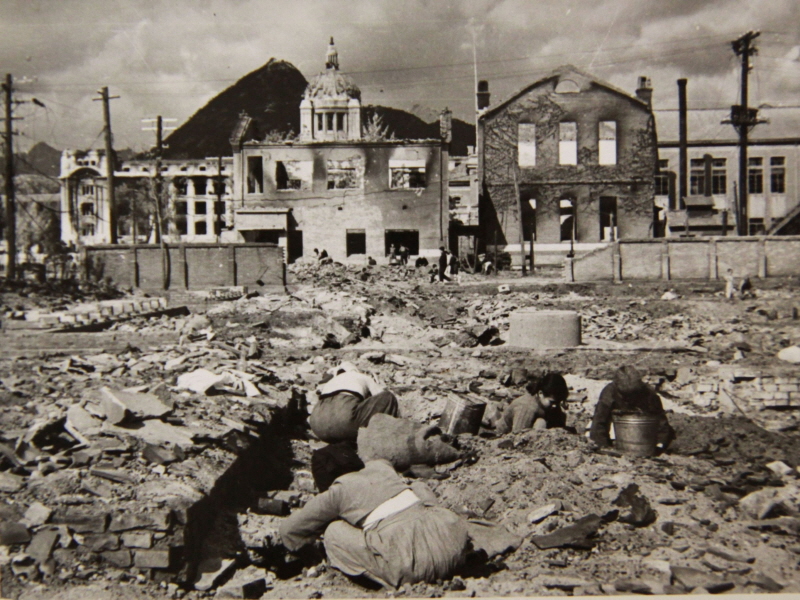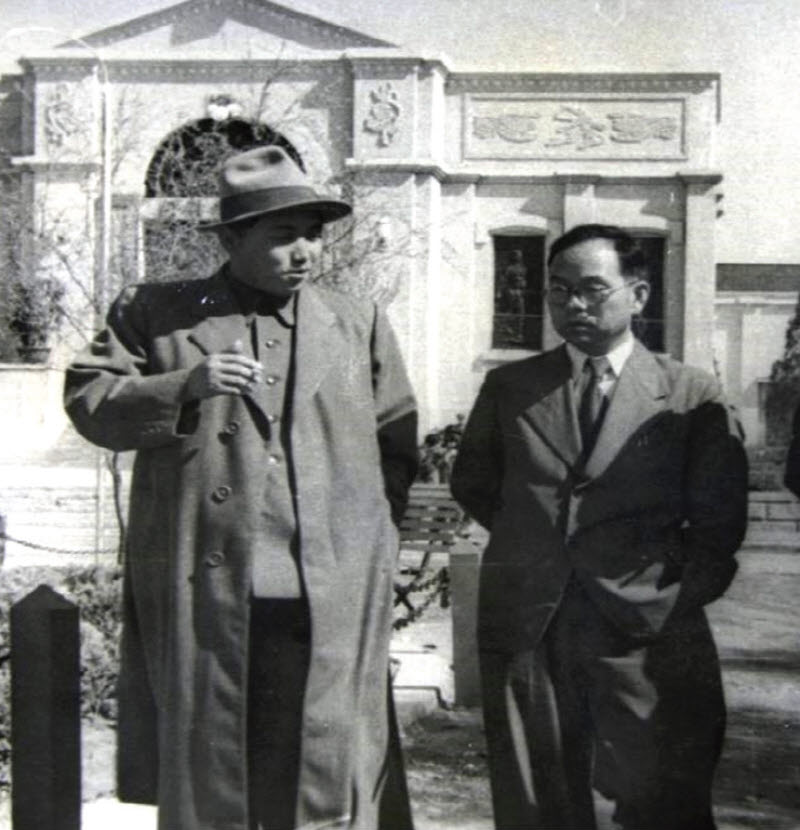[The truth behind the myth of Kim Il-sung]
Part 3: Park Hon-yong’s misjudgment in overestimating guerrilla warfare
Park Hon-yong, one of the main leaders of the Korean communist movement, placed more faith in the efficacy of guerrilla warfare during the Korean War than even North Korean founder Kim Il-sung did.
In 1946, Park boasted, “Our organization in South Korea (the South Korean Labor Party) is 8 million strong.” This claim was likely exaggerated, driven by his political ambitions to return to South Korea, his base of power, and find a breakthrough. While Kim Il-sung may not have fully believed Park’s assertions in deciding to start the war, Park failed to foresee that he would one day be held accountable for his words.

In December 1950, following China’s entry into the war, Kim Il-sung appointed Park as Vice Premier and Foreign Minister, awarding him the rank of lieutenant general and also naming him the Director of the General Political Bureau of the People’s Army.
[The myth of Kim Il-sung: North Korea’s founder and his shadowy parallels with Stalin]
However, Kim Il-sung’s hopes and Park Hon-yong’s expectations of a successful guerrilla campaign in South Korea were misguided. The breakdown of the South Korean Labor Party, the Daegu Uprising, the failure of the Jeju 4·Incident, and the collapse of the Yeosu–Suncheon Rebellion crushed any hope of victory through guerrilla warfare. In reality, from 1948 to 1950, the number of South Korean guerrillas had sharply declined.
According to testimonies, the severe suppression in South Korea had reduced the number of South Korean Labor Party members from 900,000 240,000 in 1948. This made victory through guerrilla warfare increasingly unlikely. As the possibility of guerrilla success diminished, the likelihood of a full-scale civil war grew. Yet, guerrilla warfare in South Korea was tactically impossible.
To successfully carry out guerrilla warfare, several conditions must be met: (1) a connected retreat route, (2) no extreme cold, (3) terrain like jungles or caves to provide cover, (4) the ability to survive on raw food, (5) the support of local residents, and (6) reliance on conventional weapons rather than large-scale destructive weapons like nuclear arms.

However, the geography of Korea did not meet these conditions. In my memory, the communist guerrillas who failed to escape to North Korea often came down from the mountains in the cold, searching for food in villages, only to be captured.
9.5% of the total Korean population dies in the war
The Malthusian theory explains that the human population grows more rapidly than the food supply until famines, war or disease reduce the population. The Korean War was no exception. Although no exact figures exist, it is estimated that approximately 1.1 million North Korean civilians died, with around 550,000 military casualties (including both deaths and missing personnel).
Chinese casualties, including deaths and missing soldiers, are estimated at 130,000. The number of South Korean civilian casualties is around 990,000, and the South Korean military suffered 162,000 dead or missing.
The U.S. military suffered 37,423 deaths or missing soldiers, including 200 sons of generals. The fact that so many sons of generals died reflects a Western tradition, dating back to Rome, where leaders would go to the front lines in times of war to defend their country. Throughout Western military history, the death rate of nobles was higher than that of ordinary soldiers. I have not encountered records of South Korean generals’ sons dying in battle.
Beyond the U.S., 4,429 United Nations troops were killed or went missing. In total, approximately 2.98 million people died as a result of the Korean War.

Depending on how long we consider the post-war period, this number could vary. Among these, about 2.8 million were Koreans. Given that the total population of South and North Korea at the time was about 29.66 million (20.19 million in South Korea and 9.47 million in North Korea), approximately 9.5% of the population perished. Specifically, 18% of North Korea’s population and 6% of South Korea’s population died.
Grave crime against one’s country
Kim Il-sung might argue in the afterlife that the Korean War was fought to fulfill the national aspiration of unification. However, as U.S. Joint Chiefs of Staff Chairman Omar Bradley remarked during the MacArthur hearings, the Korean War was “the wrong war, at the wrong place, at the wrong time, with the wrong enemy.”
In Korea’s history, unification is crucial. However, when the pursuit of unification leads to fratricidal conflict in the name of nationalism, that nationalism becomes a crime. In my youth, I, too, was a fervent nationalist. But looking back, nationalist ambitions often seem more like causes of international problems than solutions.
Ultimately, the decision to invade on June 25, 1950, was Kim Il-sung’s. He sought to use the war to overcome the contradictions of his early state-building efforts through communism. But regardless of whether we view the Korean War as a civil war, an aggressive invasion, or what they call a “war of liberation,” from a historical perspective, the war delayed unification by at least 70 years, even setting aside the countless innocent deaths.
(To be continued.)
BY BOKRYONG SHIN, YOUNGNAM KIM [kim.youngnam@koreadaily.com]
Shin is a former emeritus professor of history at Konkuk University.




